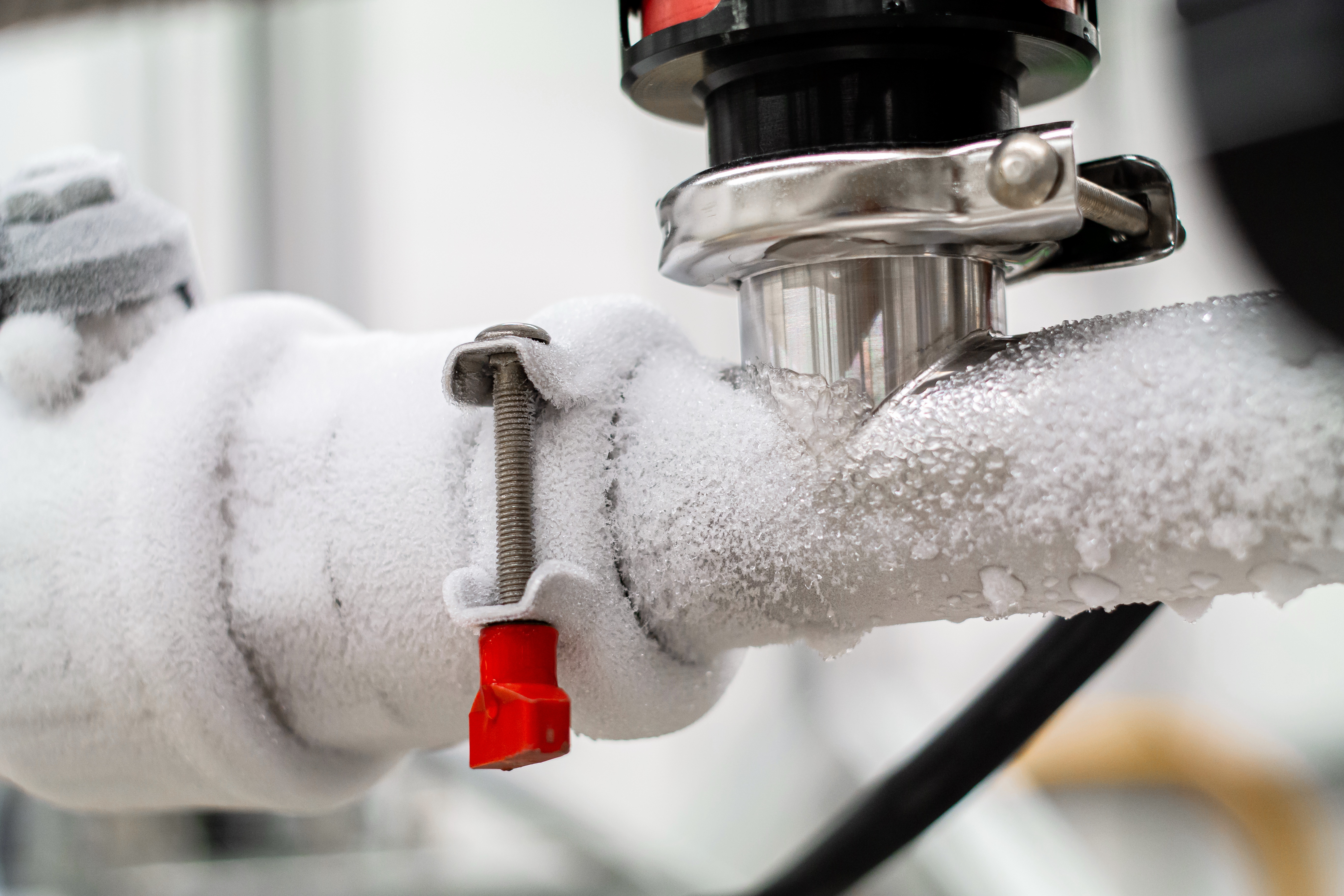Water is unique and powerful. Its ability to expand and contract in different temperatures can cause a multitude of issues in your home, like freezing and bursting pipes during the colder months. If you live in an area that experiences freezing temperatures at any point during the year, we encourage you learn how to protect your pipes before the onset of cold weather.
Protect Your Pipes from Freezing
- Install insulation in attics and crawl spaces. Doing this will help maintain warmer temperatures in the parts of your home where heat doesn’t reach as much.
- Seal all cracks and gaps in exterior walls. There may be gaps near pipes, dryer vents, and wiring that feeds into your home from the outside. Take time to thoroughly seal any openings using caulk or insulation to help keep the cold out.
- Drain swimming pools and sprinkler supply lines. It is best to do this in the fall, before the possibility of freezing temperatures. If you do not feel comfortable doing this yourself, we recommend calling a professional instead.
- Drain, remove, and store hoses indoors. By disconnecting garden hoses and, if possible, shutting of their water valve, you may be able to prevent left over water from freezing during cold weather.
Prevent Frozen Pipes from Inside Your Home
- Allow your faucet to maintain a steady drip. Running water through your pipes – even a trickle – helps prevent them from freezing.
- Keep your thermostat set at a consistent temperature. Many homeowners tend to turn their thermostat down at night, but when temperatures drop outside this could potentially lead to frozen pipes. Maintain a warm temperature in your home to help prevent this.
- If you are traveling, leave the heat on in your home. Turning off your heat entirely is a recipe for a frozen pipes disaster. Leave your thermostat on and set it no lower than 55 degrees Fahrenheit.
- Keep basement and garage windows and doors closed. Leaving windows and doors open overnight or for extended periods of time can cause unwanted cold air to circulate throughout the space.
What to do if Your Pipes Burst
- Shut off your main water valve and call a licensed plumber immediately.
- If your home suffers any damage, call your insurance agent to find out if you need to file a claim under your Homeowners Insurance policy.
This information is provided solely as an insurance risk management tool. It is provided with the understanding that the member insurance companies of the Utica National Insurance Group are not providing legal advice, or any other professional services or advice. Utica shall have no liability to any person or entity with respect to any loss or damages alleged to have been caused, directly or indirectly, by the use of this information. You are encouraged to consult an attorney or other professional for advice on these issues.
Utica Mutual Insurance Company, its affiliates and subsidiaries, 180 Genesee St., New Hartford, NY 13413 | © 2023 Copyright Utica Mutual Insurance Company
